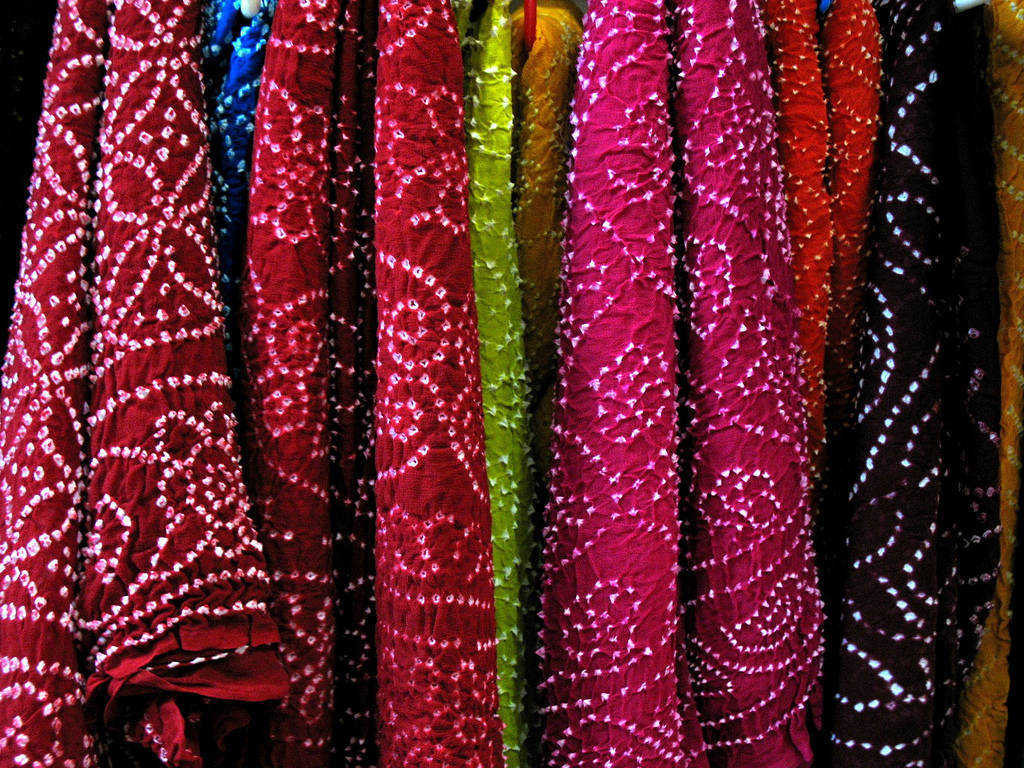
The Art Of Tie-Dye: Bandhani
Share
Gujarat and Rajasthan are the primary regions where Bandhani is practiced. Each region has its own distinct styles and patterns. In Gujarat, Bandhani is often characterized by vibrant colours and fine patterns, while Rajasthan's Bandhani is known for larger patterns and earthy tones.

Bandhani is frequently used to create traditional Indian garments such as sarees, dupattas, and dress materials. These garments are popular choices for festive occasions, weddings, and cultural celebrations. Bandhani fabric is deeply rooted in Indian culture and is associated with auspicious events. It is considered a symbol of good luck and is often worn during weddings and other significant ceremonies.
While Bandhani has strong roots in Indian culture, its vibrant colours and intricate patterns have gained international popularity. It is not uncommon to find Bandhani-inspired designs in contemporary fashion worldwide. Overall, Bandhani fabric is a testament to the skill and craftsmanship of traditional Indian textile artisans. It continues to be a cherished part of Indian fashion, reflecting a blend of art, culture, and tradition.
Spring Soul believe that Bandhani styles have a timeless beauty and continue to captivate fashion enthusiasts. Bandhani is handcrafted by skilled artisans who have honoured their craft over generations.
